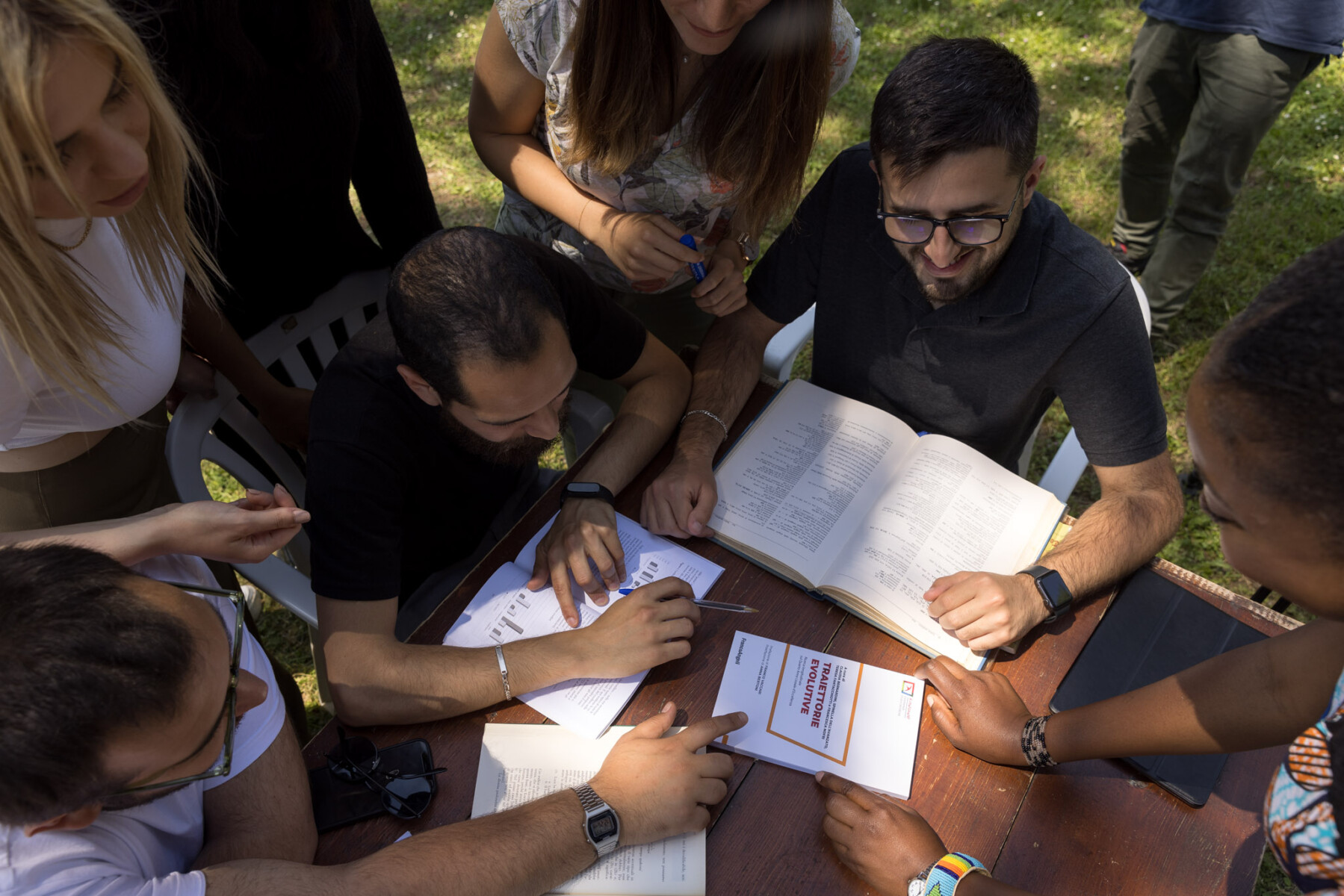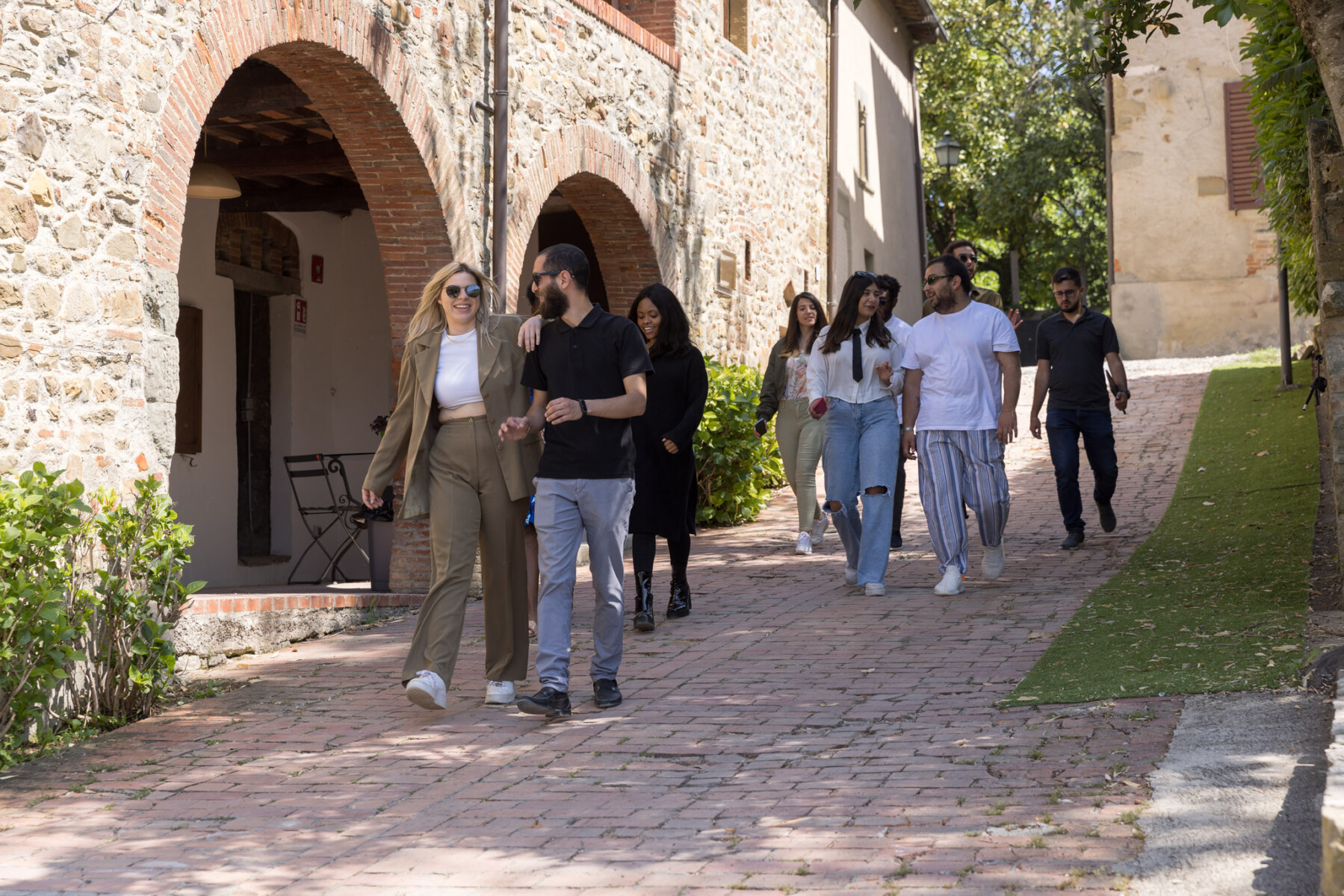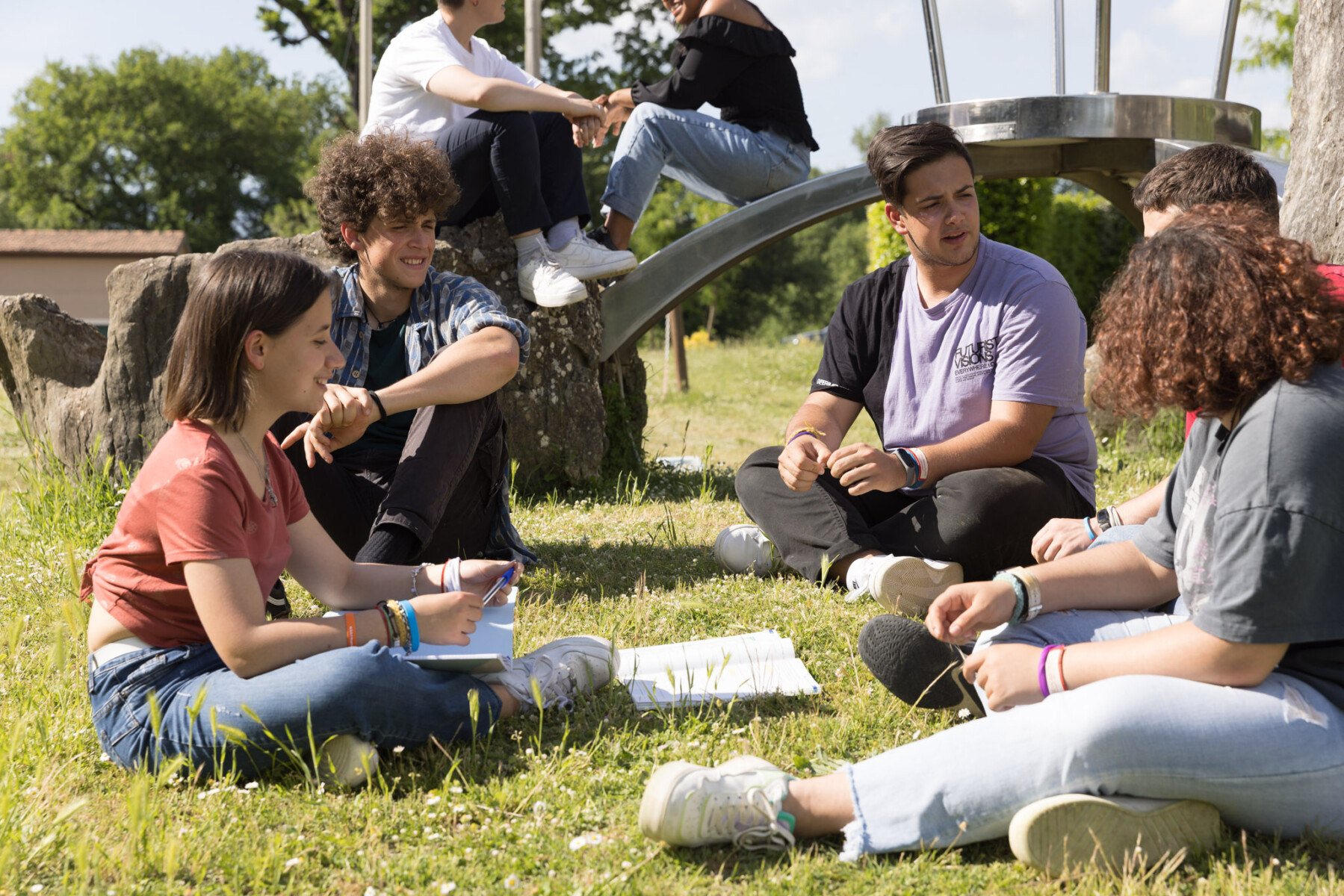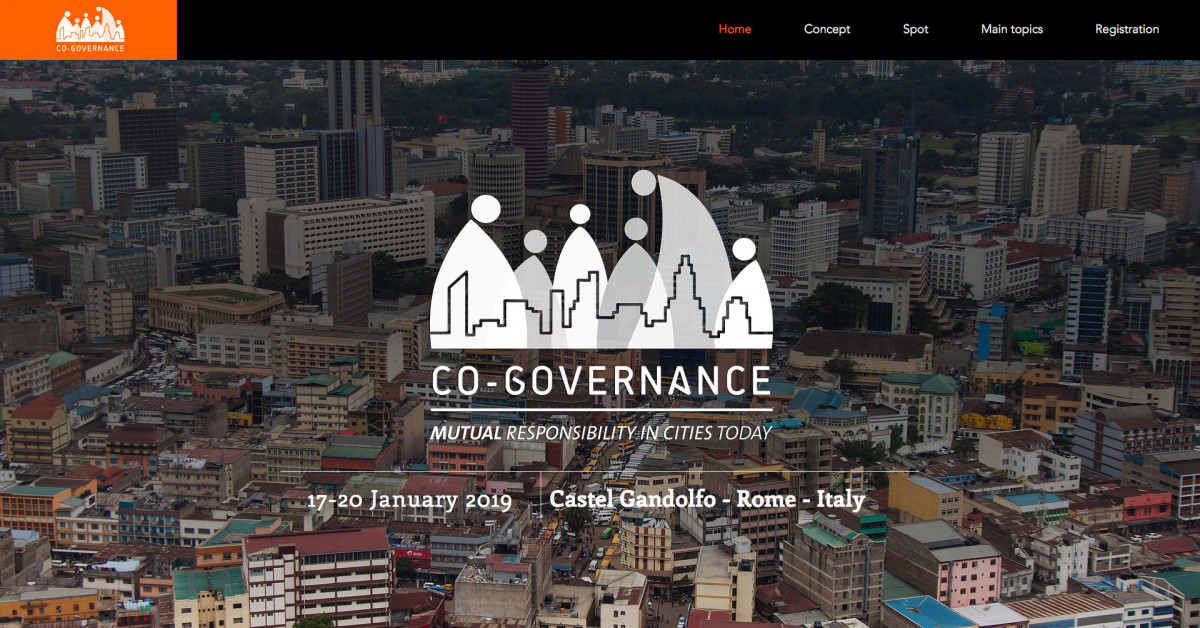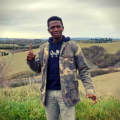
Workshop
Russians and Ukrainians at Rondine, the citadel of peace
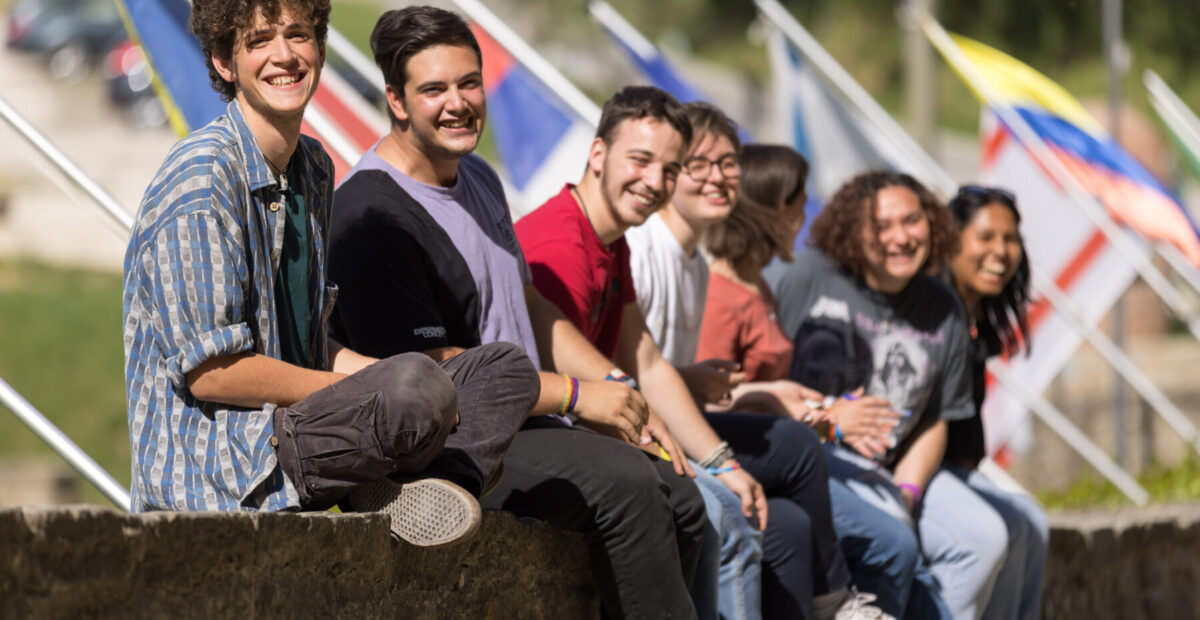
Three are the pair of “enemies” from the Russian-Ukrainian front, who bravely accepted the challenge of entering a path of confrontation with the other side. Twelve in all are the young “enemies” who in December 2022 entered to be a part of the World House of Rondine, Citadel of Peace, in Italy, and set out to live and study together for two years.
Solomon and Jean come from Mali, ravaged by a decade year old war. Malak and Aula, Palestinians and Heli and Shira, Israelis come from the Holy Land. Then there are Sabina, Aleksandra and Ilia, Russians. While Olekandra, Valeriia and Kateryna are Ukrainians. After the first three months of evaluation, these are the 12 new “enemies” who have entered to be a part of the World House of Rondine, the Citadel of Peace near Arezzo, Italy. It is a place where a creative transformation of conflicts is promoted through experience and education, learning to discover the person in one’s own enemy.
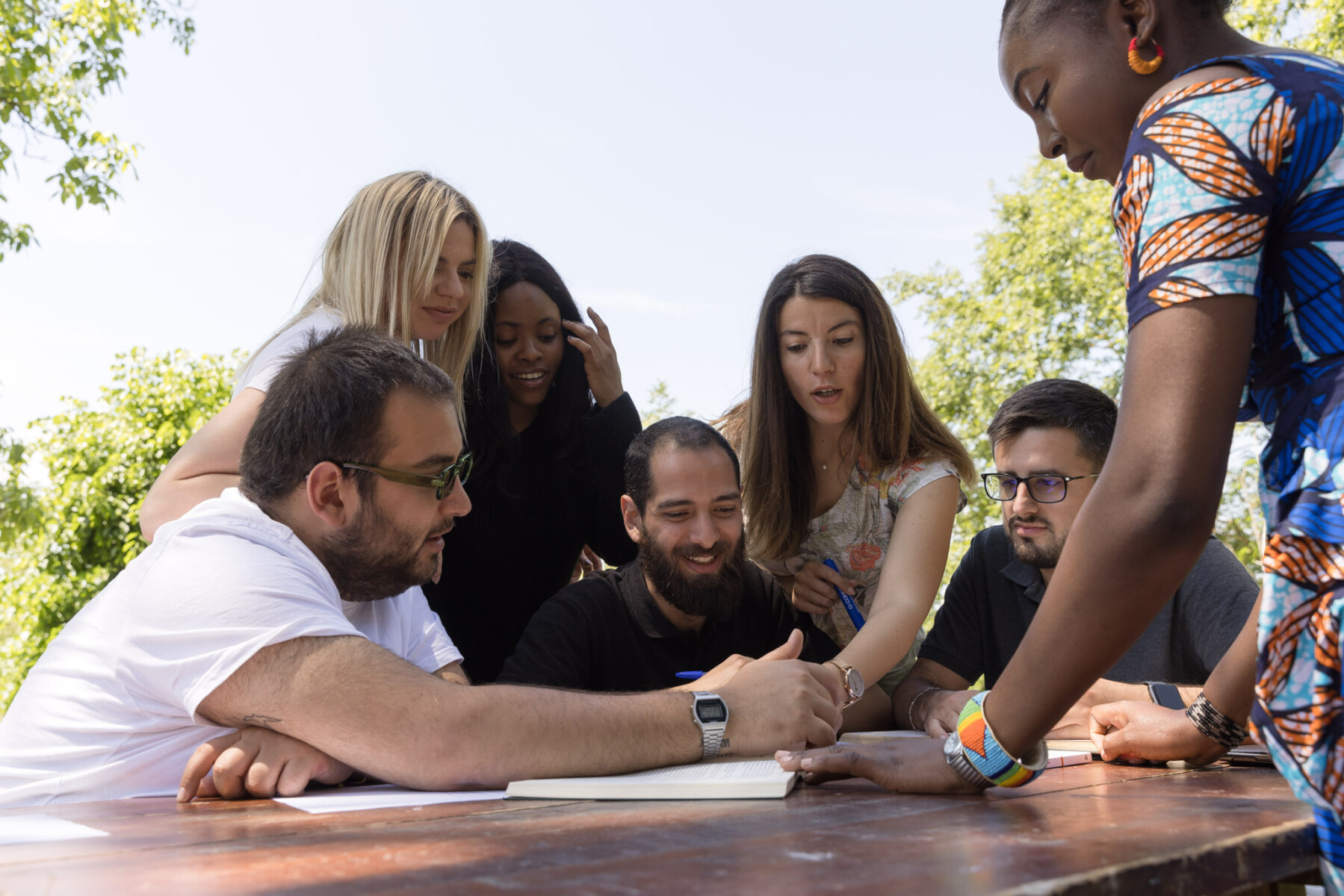
For two years, the newcomers will live and study together in the Tuscan village, in a journey of formation and confrontation that will lead them to become the future ambassadors and leaders of peace, to then return to their own Countries and contribute to the conflict resolutions in their lands. But firstly, they will learn to practice the “Rondine Method” for a creative transformation of conflict. They will experiment and practice it daily, challenging themselves to go beyond prejudices and the reasons that separate people in conflict, deconstructing, day by day, the idea of the enemy.
The newcomers will unite themselves with the other 11 who are already there from a year at Rondine, apart from the 10 participants of the Mediterranean Frontier of Peace project. Thirty three in all, the youth coming from various parts of the world that animate the Citadel, alongside the 31 seventeen-year-old Fourth Year Rondine students from all over Italy.
Encounters between the newcomers
Sabina is 28 years old, comes from the city of Samara, on the Volga, where she takes care of the refugees. She was the first Russian to reach and spent her first hours at Rondine with the Ukrainian girls. “I am grateful to them, as they spoke in Russian to make the conversation easier for me. – she narrates – This small gesture was very touching. And, despite the situation in Ukraine, they treat me as a person and not an enemy”. And she confides: “I am here to stitch the relations between Russia and Ukraine, and above all show that we are people who can have human relations”. Olekandra, born and brought up in Kharkov also thinks the same: “I firmly believe that our presence here is crucial, because it is a first step that can set a course for generations to follow. Even though it is difficult, because it means having a war in my homeland”.
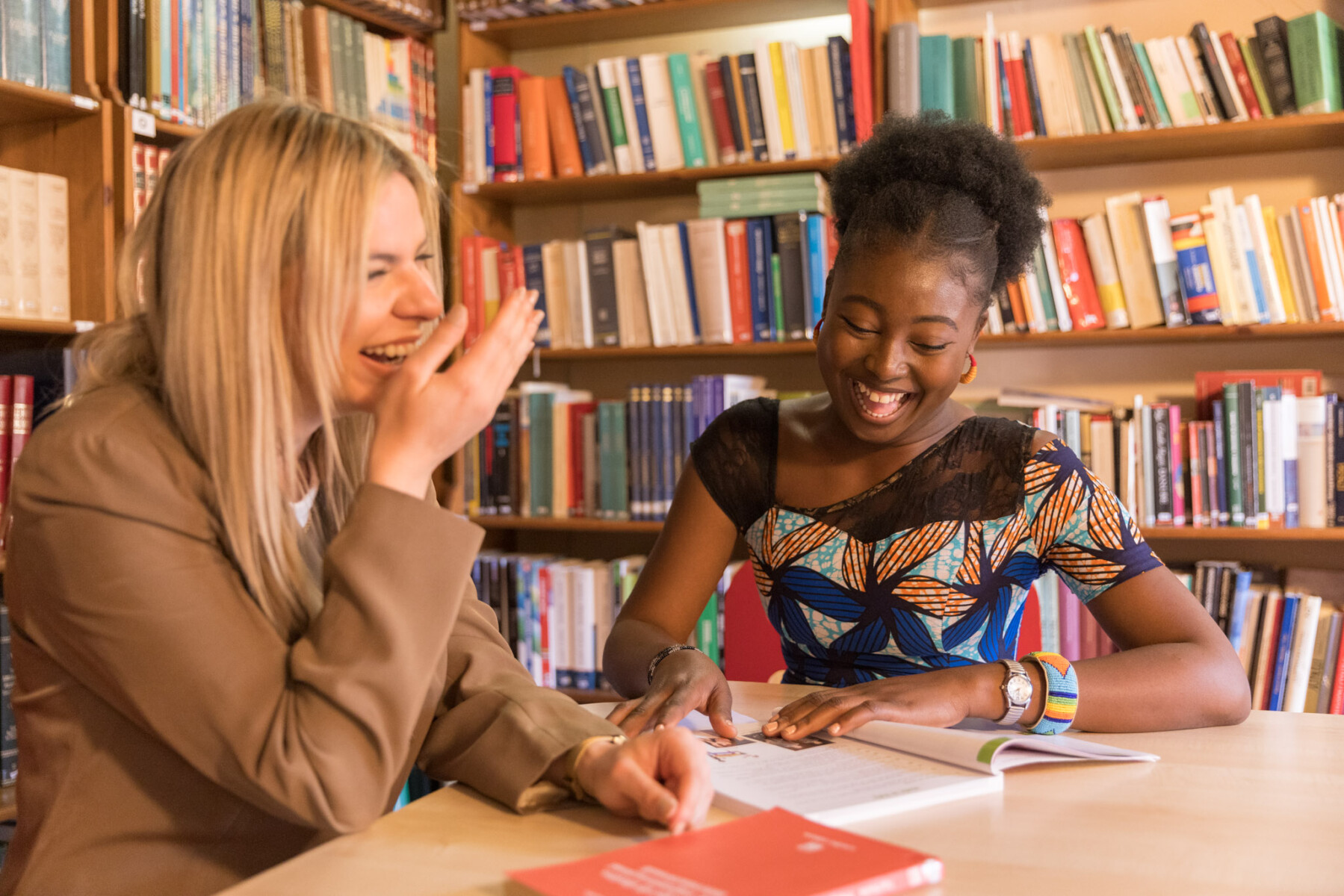
Every first encounter with the other, the “enemy”, is unique. “With Aleksandra – Valeriia who comes from the province of Kyiv and is specialized in the field of international business and management tells us – we shook hands for the first time in the car while we were going to the supermarket. After a few days in Rondine, I fell ill, I had to stay isolated and she brought me my favorite biscuits, the same we had bought together that day. Her concern for others, whether you are an enemy or a best friend, impressed me very much!”. Aleksandra comes from the Republic of Karelia, north of Russia and has studied advertising, public relations and Chinese, in St. Petersburg. She narrates that Rondine had made its way into her life as an answer to the need to contribute to building social justice in the world, even though it wasn’t an easy choice. ” At a certain point – she states – your family could disagree. But I do not have to convince them or fight. It is important to find someone who can be supportive at a time when it feels like the world is about to fall apart.”
The encounter between Kateryn, a native of Kiev and Ilia, a young 25-year-old coming from Siberia, was different. “When my “enemy” Ilia and I met for the first time, she extended her hand to me, and I unconsciously hid mine. Ilia then extended her hand once again and I, with fear and uncertainty in my eyes, in the end extended mine. At that moment, I started searching for peace in my heart, the possibility to rediscover my true self. I hope that for me, Rondine becomes a place where I can find or build my personal journey of forgiveness and reconciliation, that I will later share with my compatriots at the end of the war”. Ilia, on her part, wants to look beyond the war, to the future. “All the conflicts and wars are unique but have all one thing in common: they end. This is why it is important to think of what will happen after the war and of how we could live all together”.
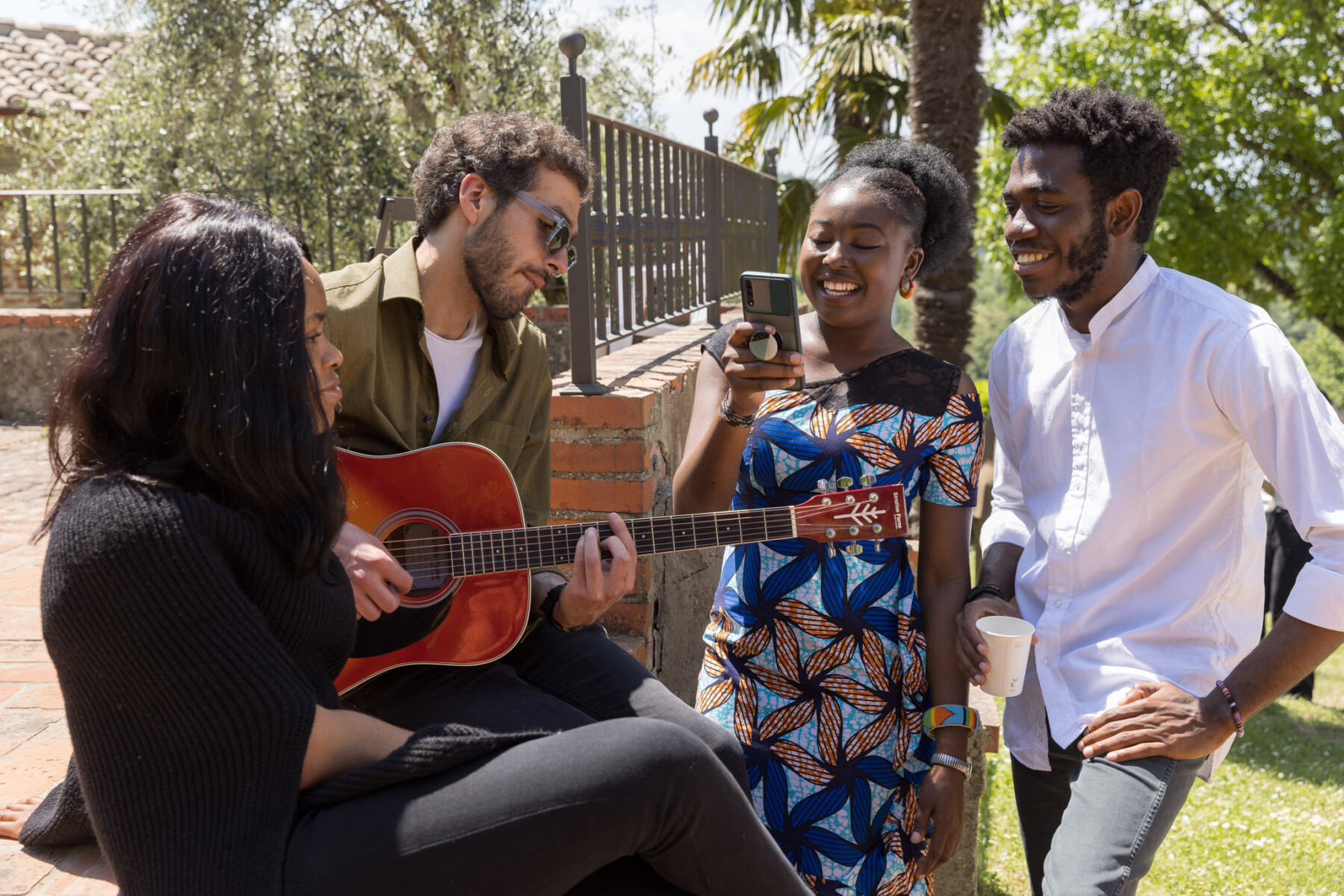
What is Rondine?
The village of Rondine lies on the right bank of the Arno River, a few kilometers from Arezzo. It is part of the Ponte Buriano Nature Reserve, the bridge painted by Leonardo da Vinci behind the Mona Lisa. This place, which was once a defensive outpost of Arezzo in the wars against Firenze, in 1977, is entrusted by Telesforo Cioli, then bishop of Arezzo, to some youth. Hence, the “Community of Rondine” is born, inspired by the thought and values of Giorgio La Pira and Don Lorenzo Milani, it commits itself in the reconstruction of the small village, which becomes a place of hospitality and dialogue for young people and families. In 1988, Franco Vicari and the group of founders of Rondine decide to send a letter to Raissa Gorbačëva to attempt to open a channel of communication with the Soviet Union, overcoming the logic of the Cold War opposition. The soviet first lady answers, inviting them to Moscow. The journey marks the beginning of the relations with that country and a first step of people’s diplomacy, from below. In 1995, the founders of Rondine are asked for a mediation to facilitate a truce during the war in Chechnya. At the end of the conflict, the rector of the University of Groznyi asks Rondine to host some young Chechens so they could complete their studies. They are sided by Russian peers: this is the beginning of the International Studentate -the World House-which has been welcoming young people from war-torn countries ever since and “helping them discover the person in their enemy, through the delicate and tiring but also surprising work of daily coexistence”.
Watch the interview with Franco Vaccari, founder of Rondine
